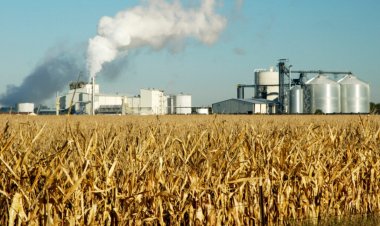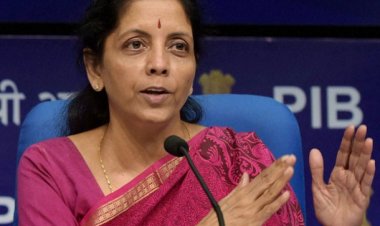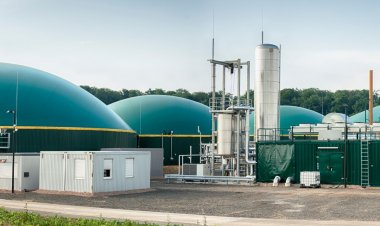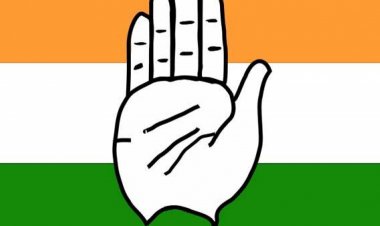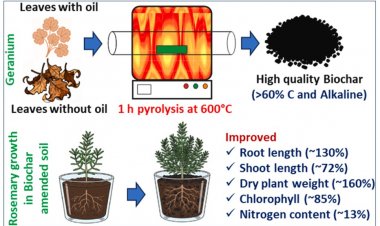Oilseed farmers deprived of MSP, though sunflower oil import at record high
In March, the import of sunflower oil increased by 50 percent to a record level of 4.45 lakh tonnes. However, a decline of 2.5 percent has been recorded in the import of palm oil during this period.

According to the Solvent Extractors Association of India ( SEA ), an organization of the edible oil industry, 57.65 lakh tonnes of edible oils were imported in the country from November to March in the year 2023-24, which is 17.40 percent more than the 69.80 lakh tonnes imported in the same period last year. is less. But in these five months, the import of sunflower oil reached 13.52 lakh tonnes which was 11.17 lakh tonnes in the same period last year. In this way, the import of sunflower oil increased by 21 percent in five months. In the current oil year, from November to March, palm oil import has declined by 19.77 percent to 35.20 lakh tonnes.
SEA Executive Director B.V. Mehta says that due to high prices due to low production and dwindling stocks of palm oil in producing countries like Indonesia and Malaysia, Indian buyers are giving preference to sunflower oil instead of palm oil. In the global market, palm oil is costlier than sunflower oil by about $70 per tonne.
Import of sunflower oil increased by 50 percent
In the month of March, the total import of edible oils in the country has increased by 18.82 percent as compared to February, reaching the highest level of six months at 11.49 lakh tonnes. The reason behind this is the increase in imports of sunflower and soybean oil. Sunflower oil imports increased by 50 percent in March to a record 4.45 lakh tonnes. Earlier in February, 2.97 lakh tonnes of sunflower oil was imported. That means, 7.42 lakh tonnes of sunflower oil has been imported into the country in two months.
About 4.85 lakh tonnes of palm oil was imported in March, which is about 2.5 percent less than the 4.97 lakh tonnes imported in February. In this way, there is now very little difference between the imports of palm and sunflower oil. Import of soybean oil has increased by 26.4 percent to 2.18 lakh tonnes in March.
Madhya Pradesh farmer leader Kedar Sirohi says that on one hand the government talks about self-sufficiency in edible oils, while on the other hand there are reports of increasing imports of sunflower and soybean oil. In such a situation, how will the oilseed farmers of the country get the right price? The government's claim of self-reliance has also proved to be hollow. Farmers growing mustard are not even getting MSP.
Import dependence in edible oils
Palm oil prices have increased in the last few weeks due to weak production in Indonesia and Malaysia. At present, the price of crude palm oil is $ 1,045 per ton, while the price of crude sunflower oil is $ 975 per ton and the price of crude soybean oil is $ 1,025 per ton. Therefore, the import of sunflower and soybean oil is increasing compared to palm oil.
India is the world's largest importer of edible oils, meeting about 57 percent of its requirement through imports. India imports palm oil from Indonesia and Malaysia, sunflower oil from Russia and Ukraine and soybean oil from Argentina and Brazil.
The Government of India has extended the provision of lower import duty for edible oils till March 2025. This step of the government has given a boost to the import of edible oil. Whereas the farmers growing oilseed crops are not getting the right price. At the time of arrival of the new crop in the market, the prices of mustard have fallen far below the minimum support price.



 Join the RuralVoice whatsapp group
Join the RuralVoice whatsapp group



















